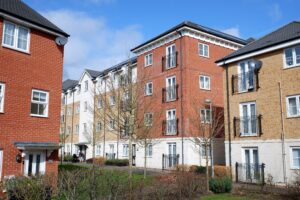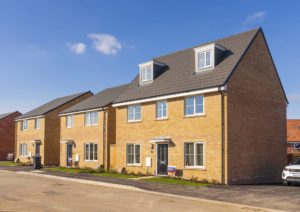Shared Ownership
Shared Ownership is a home ownership scheme created for people who would not normally be able to afford to buy a home for themselves.
Buyers purchase a part share of a house and then pay rent on the remaining share. Shared Ownership is an effective way for first time buyers to get on the property ladder, as it can considerably reduce the amount needed for a deposit.
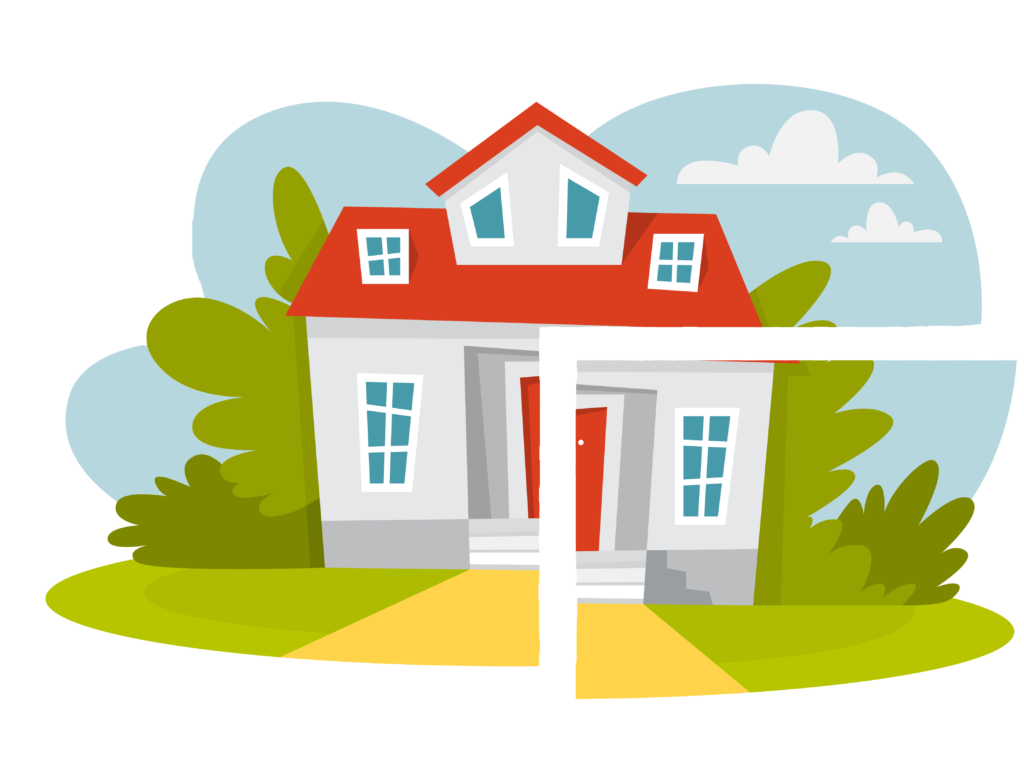
Request a call back
"*" indicates required fields
What is Shared Ownership?
……market in England.
Shared Ownership gives buyers the opportunity to purchase a share in a property. The buyer pays a mortgage on the share they own and would then pay rent to a housing association on the remaining share. The Buyer only needs a mortgage for the share they are purchasing, therefore the amount of money required for their deposit is also much lower when compared to the amount that would be required if they were purchasing the whole property.
The purchaser can also have the option to add to their share during their time in the property via a process known as ‘staircasing’, and in most cases can staircase up to 100%, therefore owning the property outright. Shared Ownership properties are always leasehold.
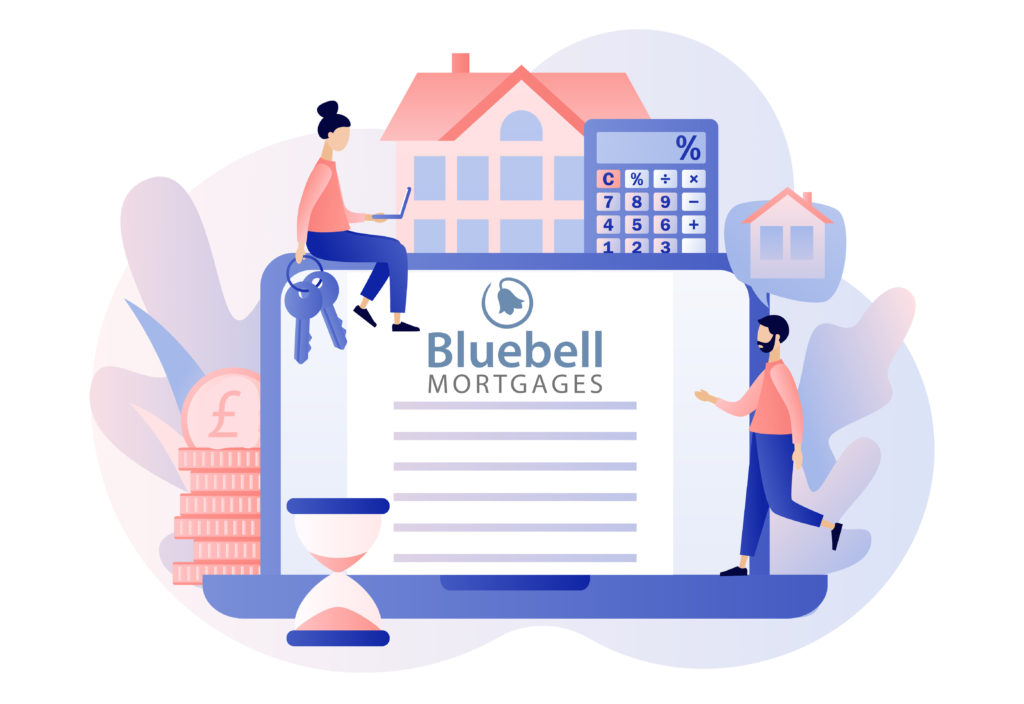
Why buy a Shared Ownership home?
….own their own home but cannot afford to buy a property on the open market.
If you buy a new-build shared ownership home, the rent limit is 3% of the value of the share the landlord owns.
For ‘resale’ homes, the starting rent will be set at the same level as the previous shared owner was paying.
You can purchase a share of as little as 25%, or as much as 75% in some cases,
You can purchase a shared ownership home with no deposit and obtain a 100% shared ownership mortgage, but ideally a 5% or greater deposit will open up your options. (of the share you are purchasing, not the whole property)
In many cases Stamp duty land tax is able to be deferred until your share of ownership reaches 80%.
Shared Ownership is available on purpose built homes, these are either new build or resale properties that are being sold by the current shared owners,
Shared Ownership properties can often be found in private developments as it is often a provision of planning permission for new housing developments.
When I purchase a percentage of a house, what am I buying?
….leasehold house or flat. This can be a new build or a resale.
You will take a mortgage on the share you own, with a subsidised rent being paid to the relevant housing association on the remaining percentage, along with any service charges and ground rent.
You will have the choice to buy further shares to increase your ownership up to and including 100% (known as ‘staircasing’). The price of buying further shares will be determined by an independent valuation at the time that you purchase the additional shares.
If you proceed to increase your shares in your home, your monthly mortgage payments would go up but your rent would go down. If you proceed to 100% ownership you would then only pay your mortgage.
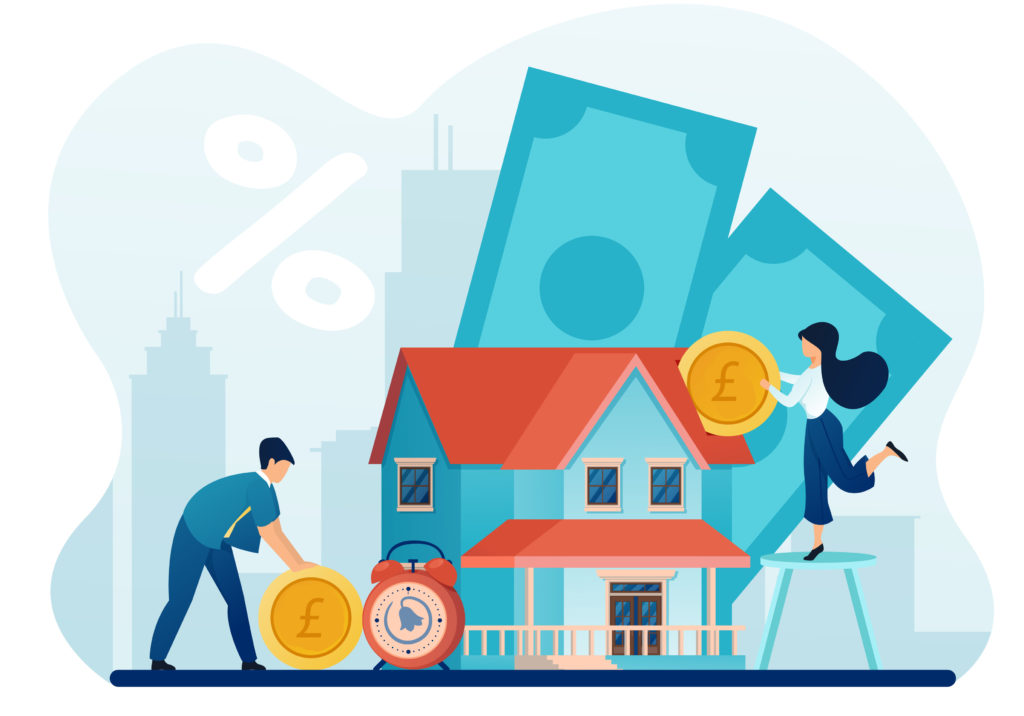

What are the rules for Shared Ownership?
You can buy a home through shared ownership if both of the following are true:
- You must be at least 18 years old
- Outside of London your annual household income must be under £80,000
- Within London your annual household income must be under £90,000
- you cannot afford all of the deposit and mortgage payments for a home that meets your needs
One of the following must also be true:
- you’re a first-time buyer
- you used to own a home but cannot afford to buy one now
- you’re forming a new household – for example, after a relationship breakdown
- you’re an existing shared owner, and you want to move
- you own a home and want to move but cannot afford a new home that meets your needs
You must also show: - that you do not have mortgage or rent arrears
- You must be able to show that you have a good credit history (no bad debts or County Court Judgements) and that you can afford the monthly payments and costs involved in buying a home
- You should have savings or to be able to easily access funds to cover the costs of buying a home.
- You will also need to have enough savings or be able to easily access a minimum 5-10% for the deposit on the share that you are buying.
Priority will be given to members of the military.
With some developments, local authority planning permissions may require that preference is given to applicants that already live or work in the area; this will be put in place by the local council and not the housing association.
Please note: You should always check the eligibility required with the housing association selling the property, as they may have specific criteria.
How do I sell a Shared Ownership Property?
Your housing association provider/leaseholder usually has an eight week term to try to find you a buyer first under the terms of your lease. If they are unable to find a buyer by the end of this term you can then proceed to sell your home yourself in the normal way (privately or using an estate agent).
You would need to obtain an independent valuation prior to the sale of your property to establish the current value of the property.
You can get assistance from an alternative scheme called ‘Older People’s Shared Ownership’ if you’re aged 55 or over.
This would function in the same way as the main Shared Ownership scheme, however you can only buy up to 75% of your home. When you own 75% you would no longer have to pay rent on the remaining share.
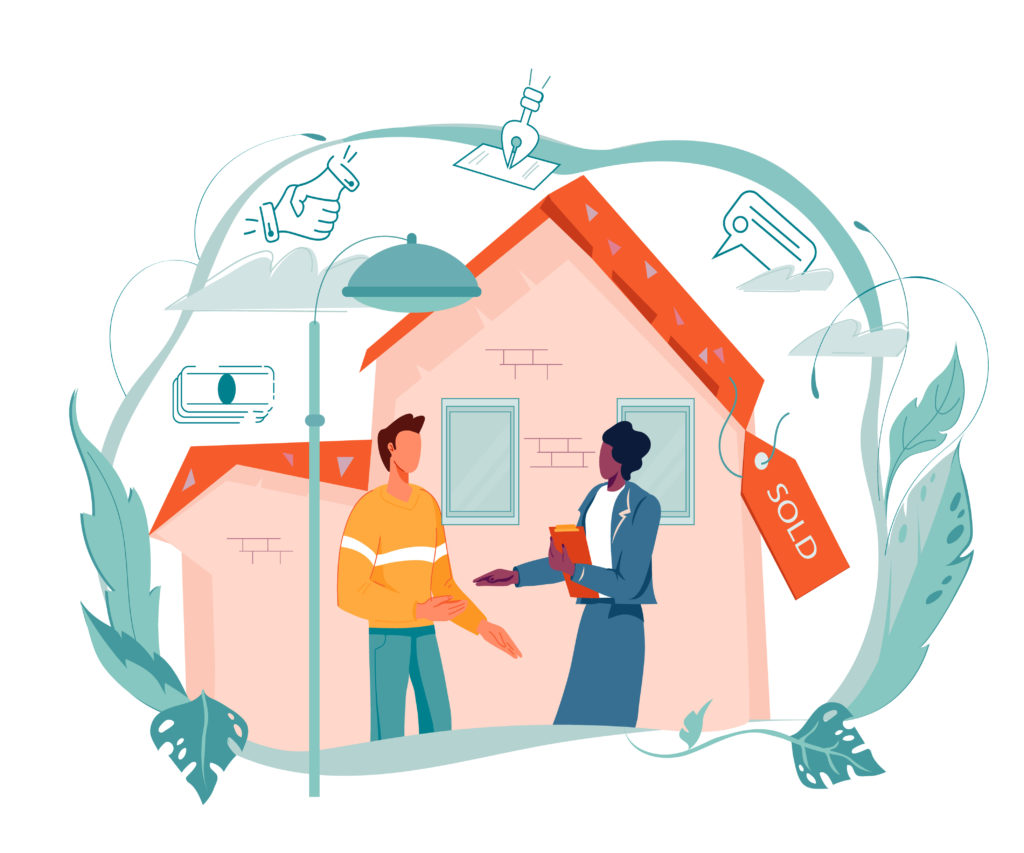
Your home may be repossessed if you do not keep up repayments on your mortgage.
Have questions? Call us on 01473 213312
Knowledge Base

How First-Time Buyers Can Get a Mortgage – A Guide to Government Schemes and Support
Buying your first home is exciting, but it can also feel overwhelming—especially when saving for a deposit, understanding mortgage options, and navigating rising

Planning Your Next Move? Our Handy Checklist Has You Covered
Moving home is a significant life event, and ensuring a smooth transition requires attention to detail and meticulous planning. If you’re thinking of

Tips For Viewing a Property
Spring is a great time for moving home, however property viewings can be an overwhelming experience, so we’ve a few top tips to
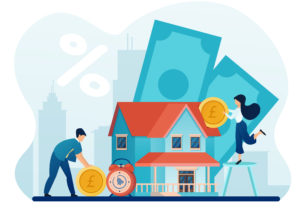
Taking Charge of your Property Sale
If you are thinking of selling your home, there is an important list of ‘to-do’s that should be followed to ensure that you
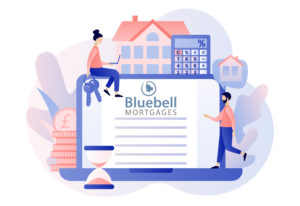
When is the Right Time to Re-mortgage?
Are you happy with your current mortgage? If so, then that’s excellent news. However, if it’s been a long time since your mortgage
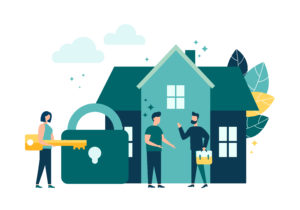
The importance of Mortgage Advice
At a time when mortgages are in the spotlight, or because of the difficulties around being able to afford a mortgage as a
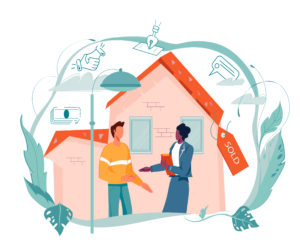
What is an Agreement In Principle (AIP)
Agreement in Principle (AIP) The way it works is as follows: An Agreement in Principle is a security blanket for you, based on

Credit Score Guide
Do you pay your debts back on time? The credit rating and credit score, it’s a bit like a mythical beast with many


